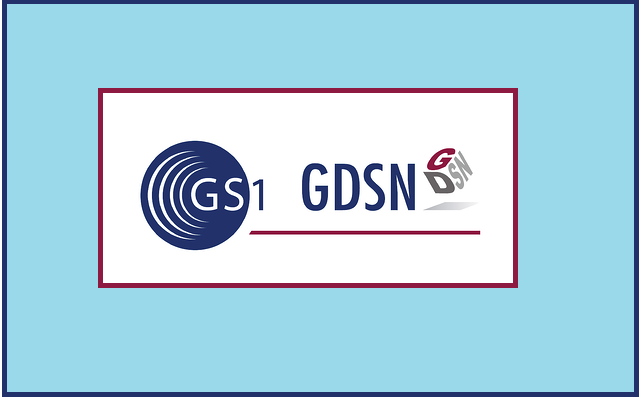

GDSN (Global Data Synchronization Network) is a data standard for managing product information in the retail industry launched in January 2001. It aims to simplify and speed up the flow of product information between manufacturers, distributors, and retailers by providing an internet-based standard that ensures the accuracy of data and software with which companies can upload product data across their company or supply chain.
The GS1 organization manages GDSN standards, with one element being called GTIN-related attributes (GLN).
Contents
GDSN has become a standard for the retail industry. If a retailer or a supplier wants to do business with a particular company, they have to share product information through GDSN.
Some companies have also started requiring it as an element of their contracts with suppliers and retailers, so it has essentially become compulsory in some cases. In addition, most prominent software providers now support GDSN-compliant product information management solution.
Finally, GS1’s focus on adapting its standards by large multinational corporations makes it very likely that these companies will require their suppliers and partners to use this standard if they want to continue trading with them.
For example, Target (one of America’s largest department store chains) requires that all suppliers and manufacturers in its supply chain adopt GDSN. Another example in the world of fashion is H&M, which in 2009 announced GDSN uploads and stated: “H&M wants to work together with the industry so that everyone, from small to large fashion companies, can upload their products in the GDSN.
H&M will then be able to use this data for the benefit of its customers.”
It is the most straightforward way retailers can benefit by having access to consistent, up-to-date product information across different parts of their own company or supply chain. For example, suppose a retailer wants to change their pricing or create new marketing materials using the product information. They need to upload new data into GDSN, and it will be available immediately throughout the whole of their company.
This not only saves them considerable time and money but improves customer satisfaction because customers are more likely to find what they are looking for without any difficulty due to inconsistencies between departments.
Product information management is essential for manufacturers because it can lead to better inventory management, efficient distribution and higher sales.
It is also essential for suppliers because the more information they provide to retailers about their products, the more likely they will sell those products.
Finally, it is crucial for manufacturers of private-label goods because if a retailer knows what ingredients are inside a product, they may create a private-label version of that product using similar ingredients. The manufacturer can then license that private-label recipe from the retailer rather than spend time developing one themselves. This benefit saves them money and allows them to focus on manufacturing other items instead.
GDSN increases customer satisfaction by reducing barriers throughout the supply chain between suppliers and retailers. To summaries:
And finally, GDSN is good for the economy because it makes retail operations more efficient, increasing competitiveness and boosting economic growth.
www.crunchyroll/activate is a fantastic world of Asian dramas, comics, and anime. You have come to the correct…
Pagalmovie’s extensive collection of Bollywood, Hollywood, and regional films has made it associated with free…
Site selection is the cornerstone of a successful brick-and-mortar business. Whether you're a retailer, franchise…
Here are the Top 5 Tools to Hack an iPhone for 2025 and those apps…
The world of entrepreneurship is one of rapid growth and continuous learning. If you're not…
MovieRulz or Movierulz ple is a torrent website that allows movie lovers to find and…